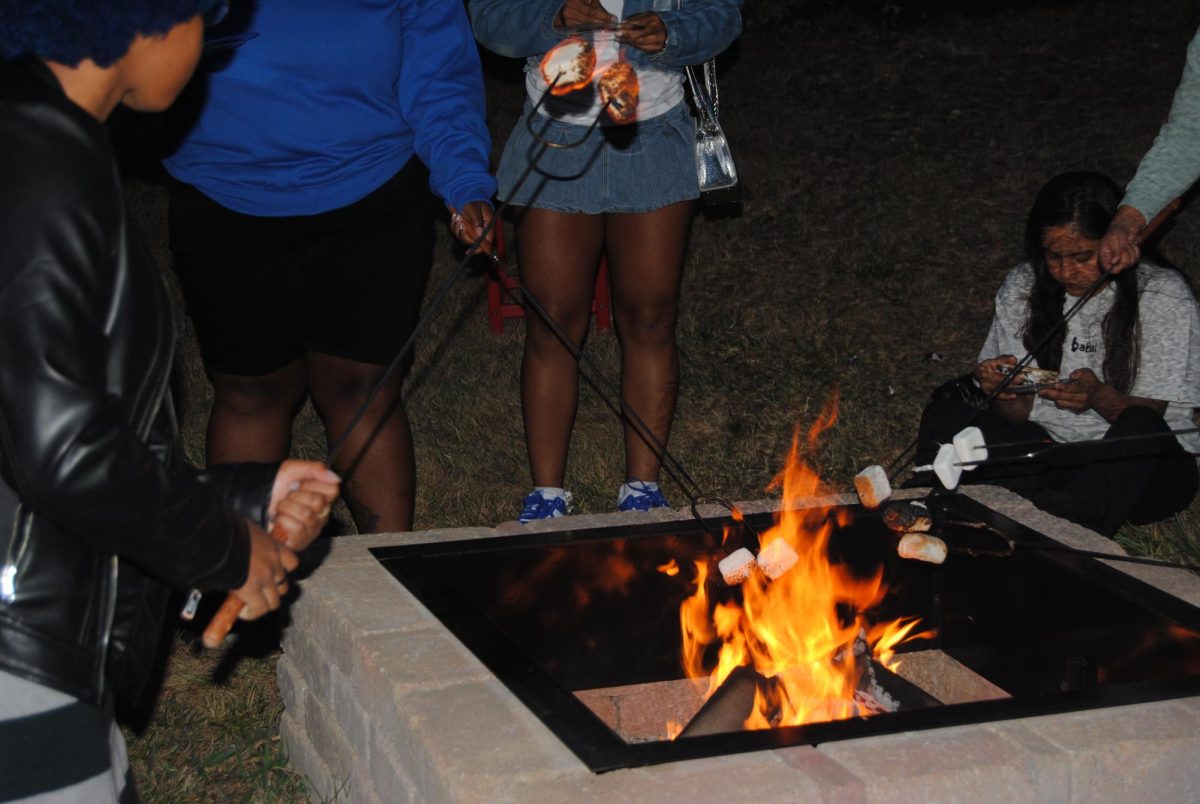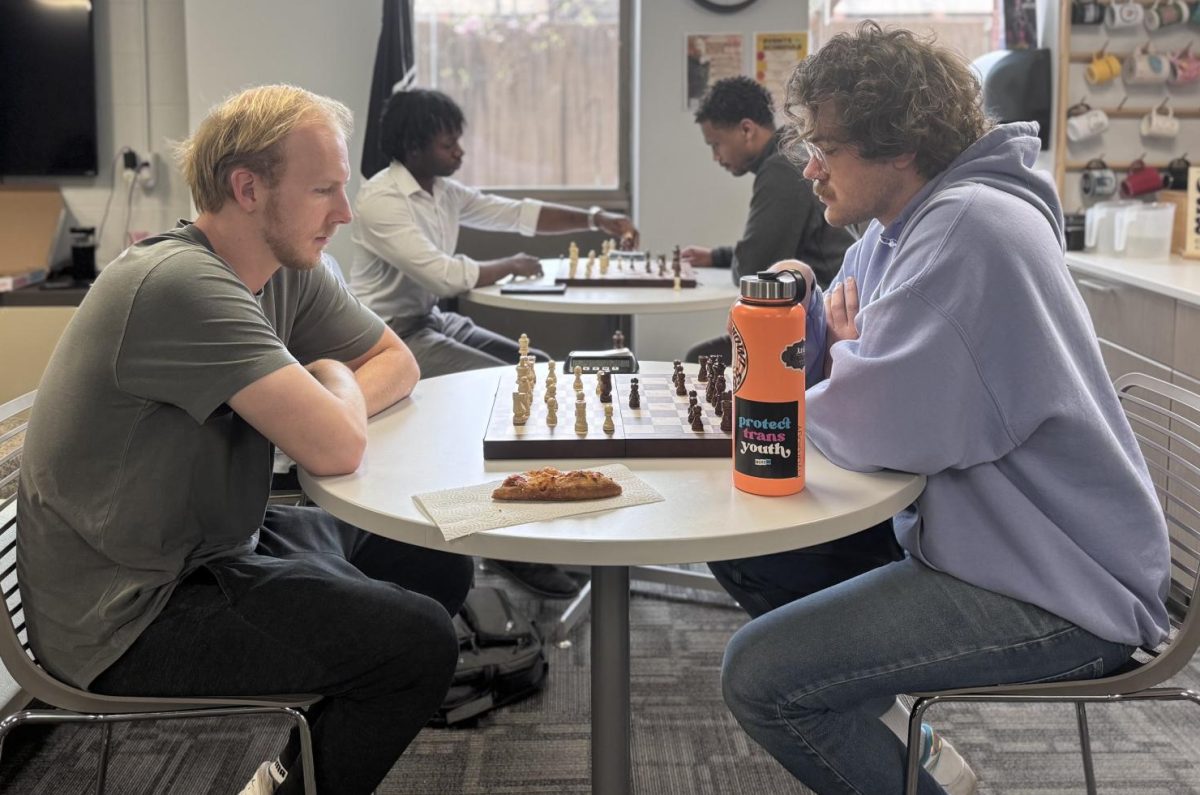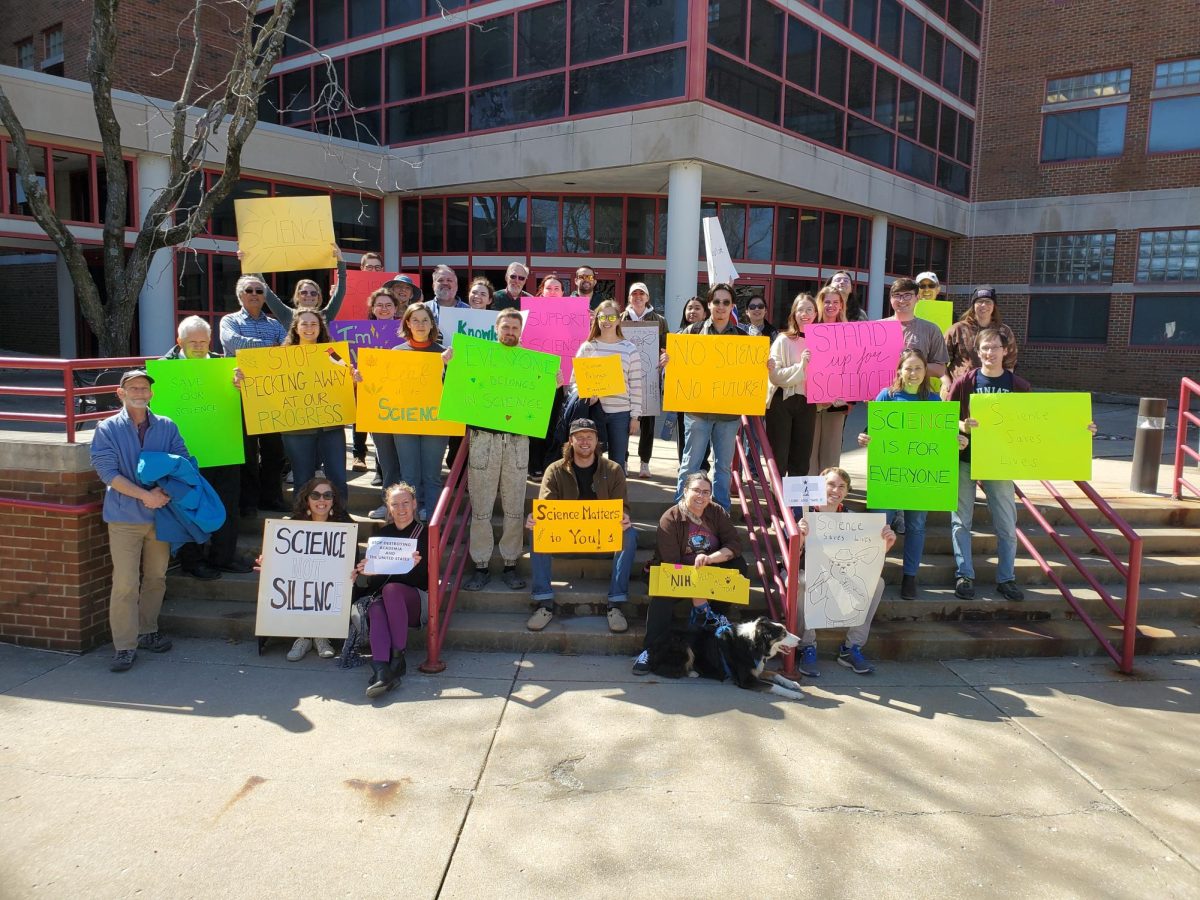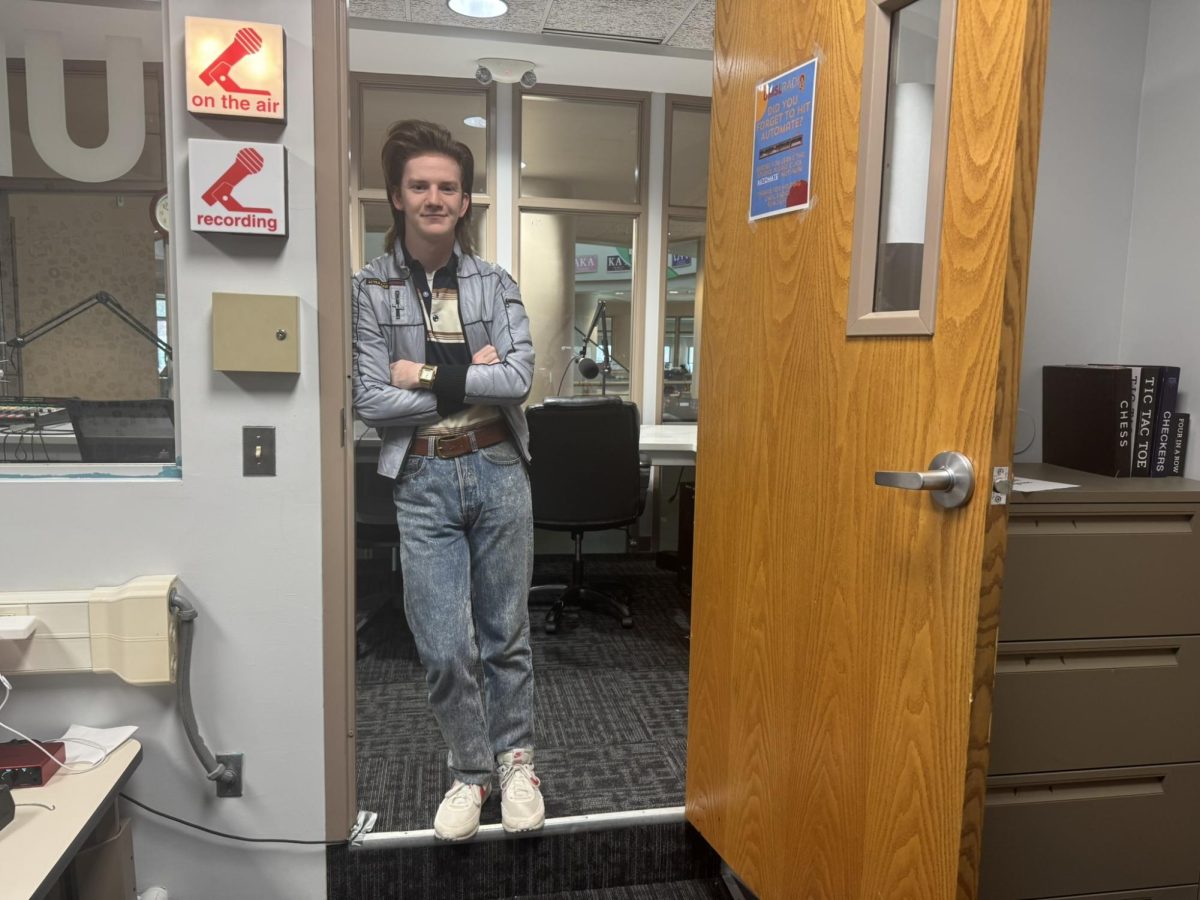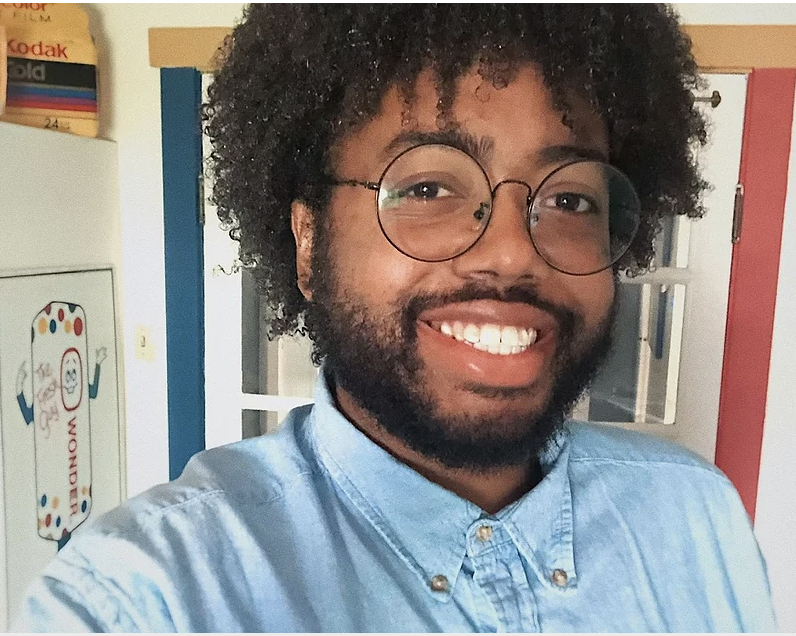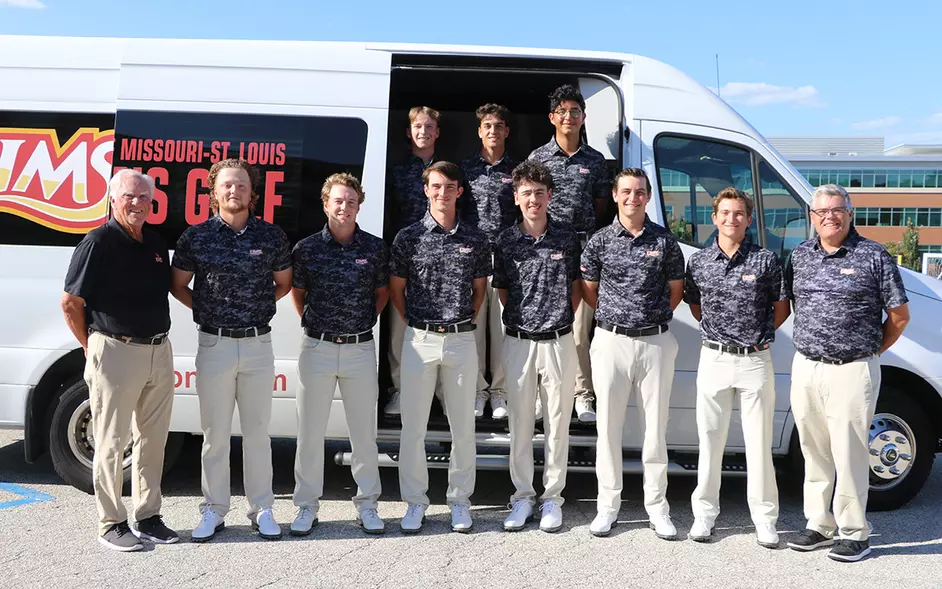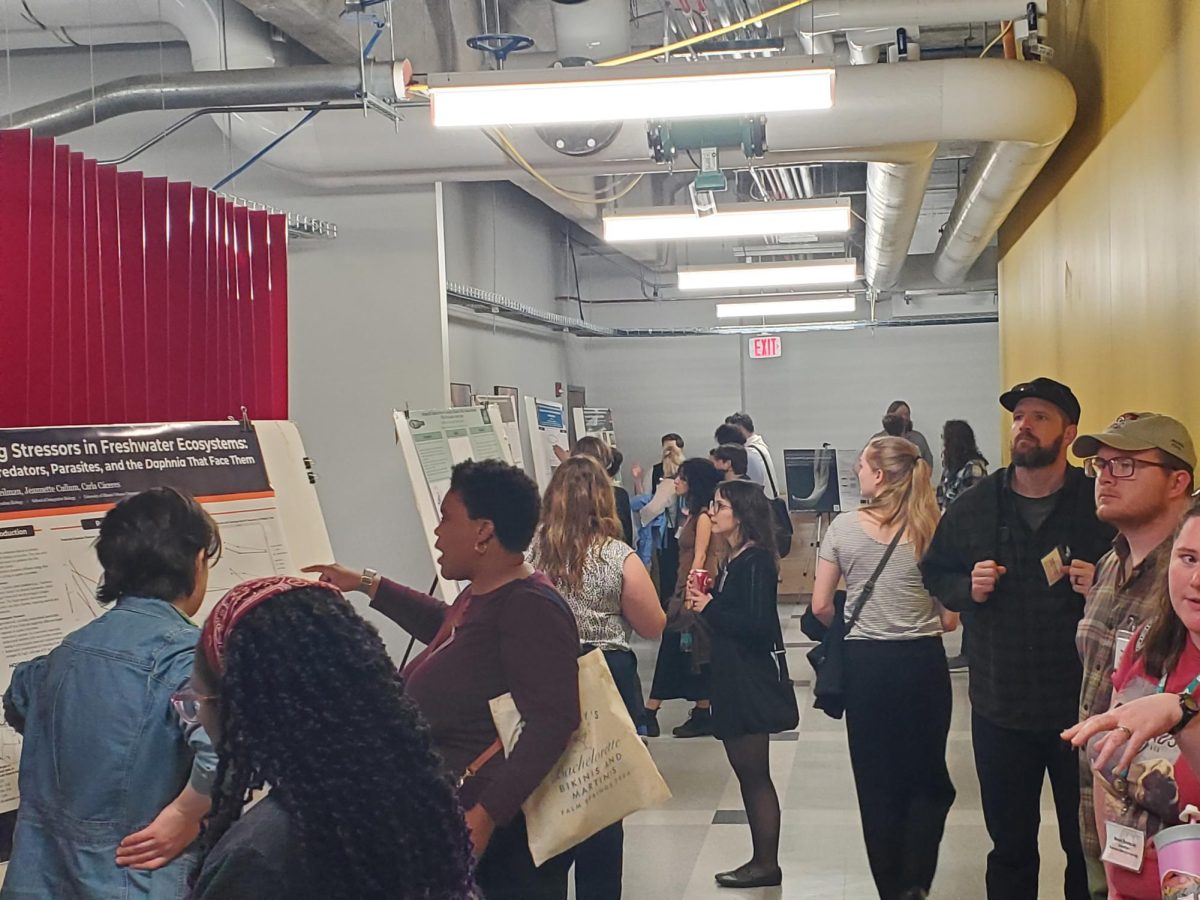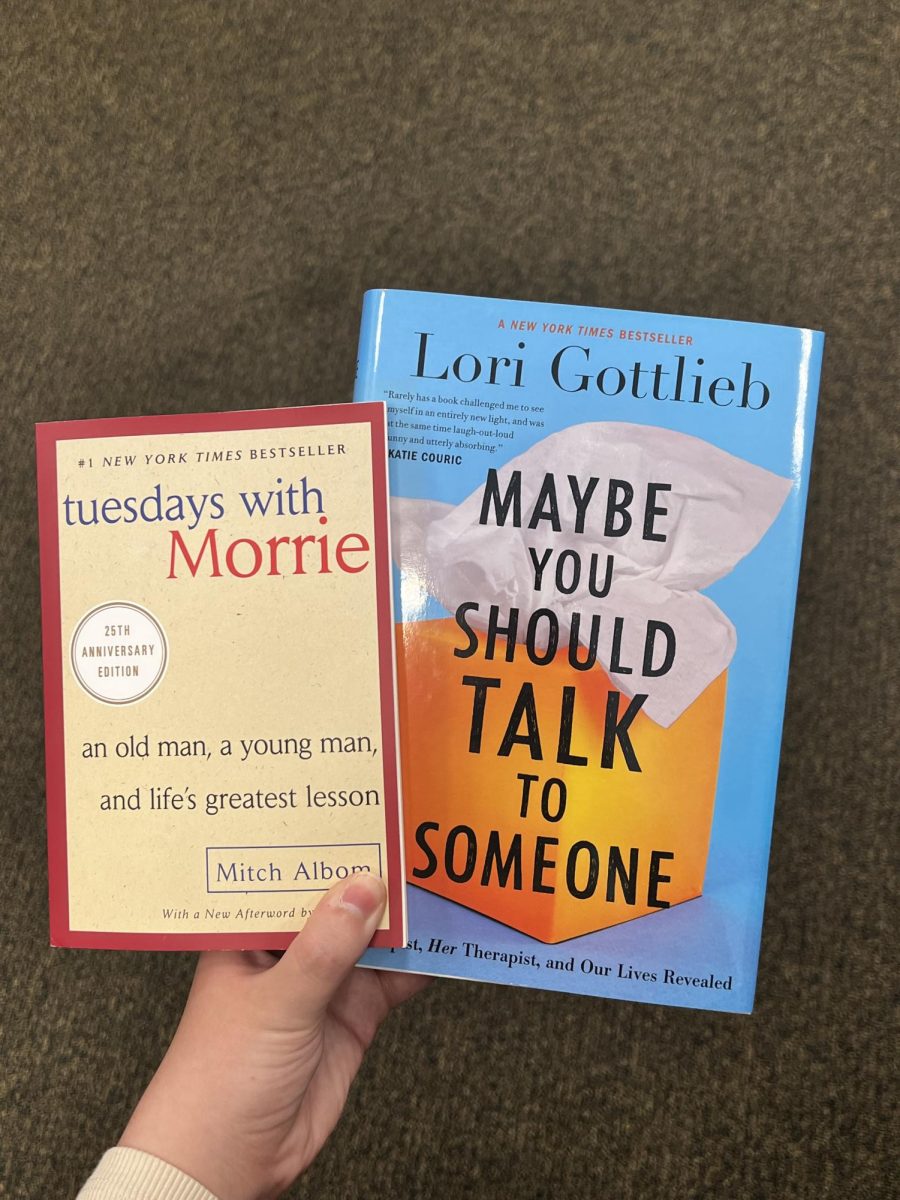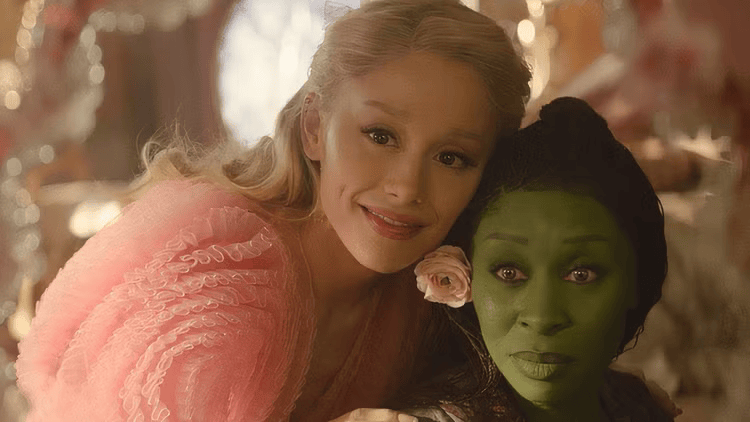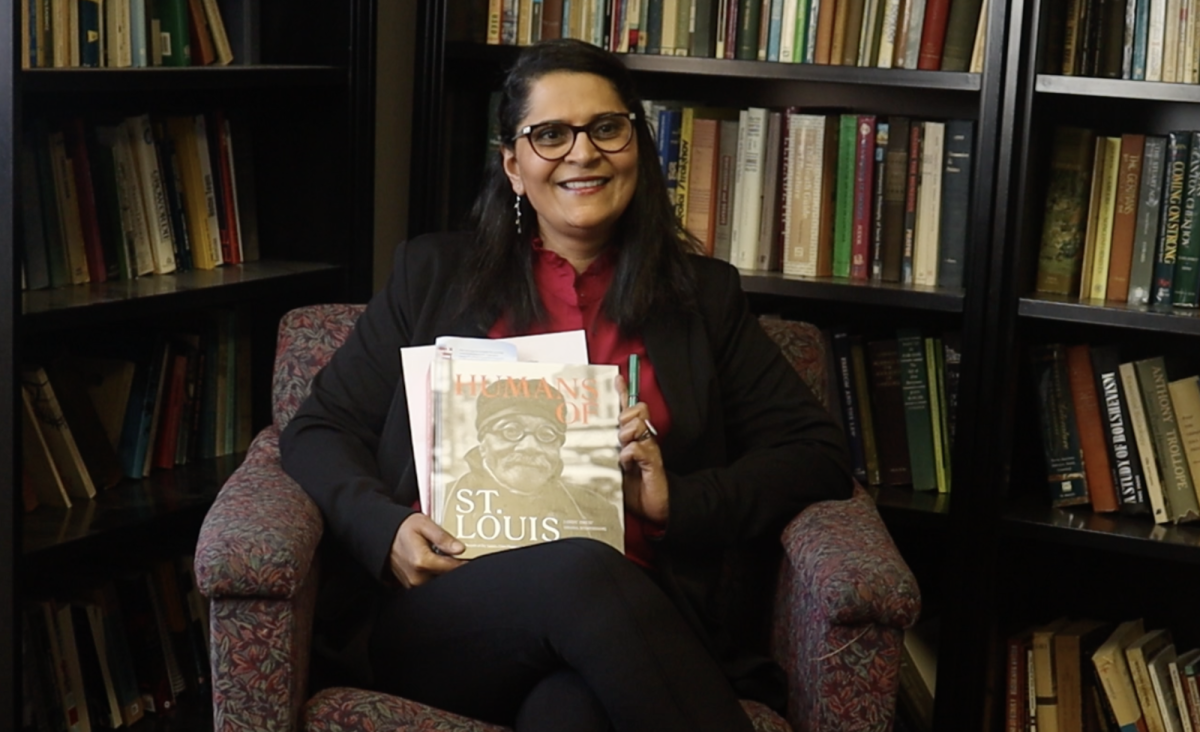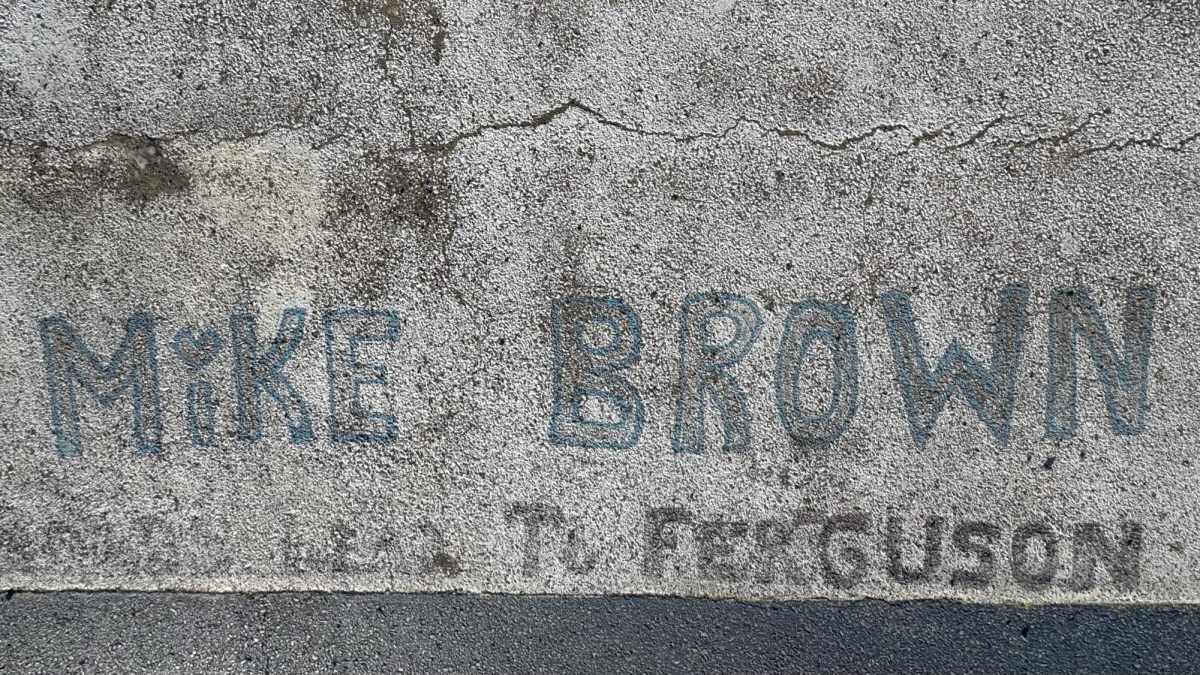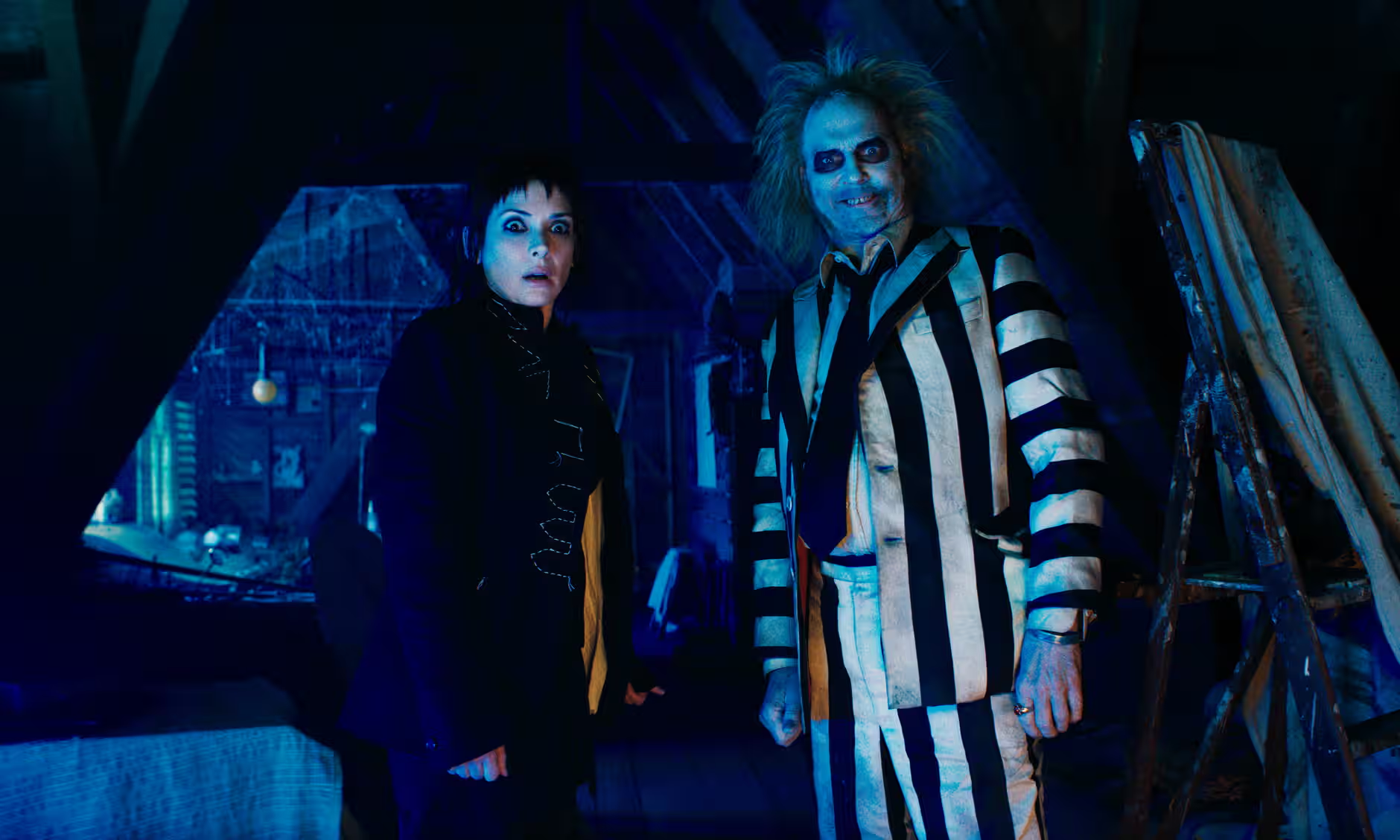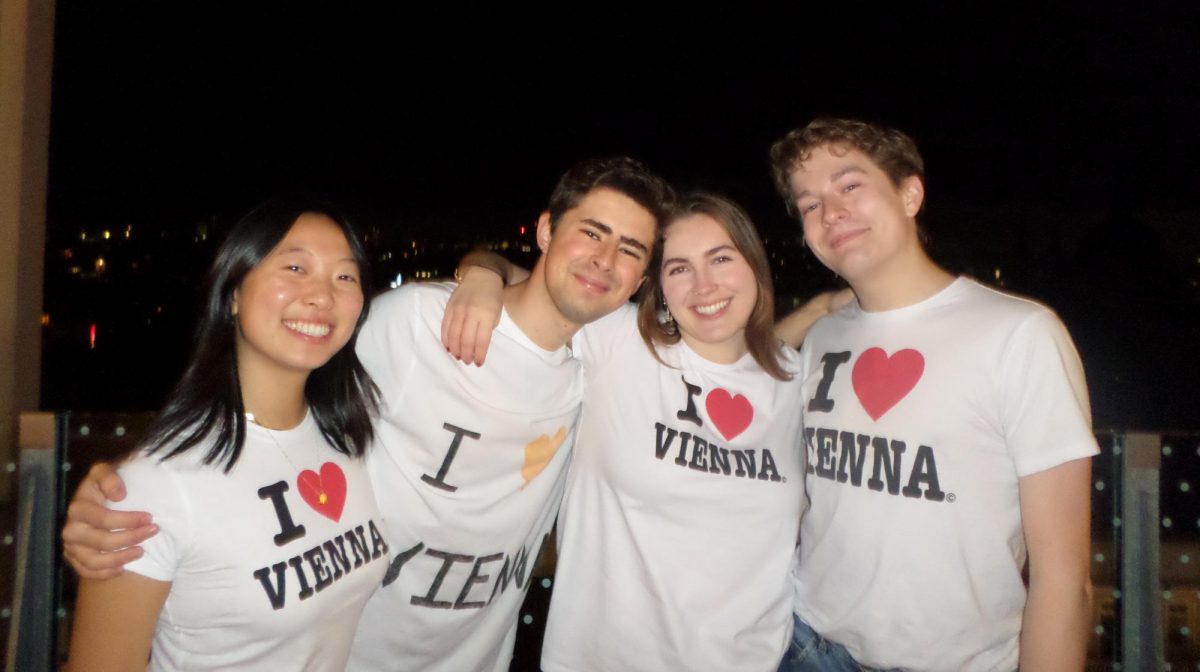Tim Burton’s 1988 film, “Beetlejuice,” finally got its sequel nearly 40 years later. Starring the original cast which includes Winona Ryder as Lydia Deetz, Michael Keaton as Beetlejuice and Catherine O’Hara as Delia Deetz, along with up-and-rising star, Jenna Ortega as Lydia’s daughter, Astrid Deetz.
This film is set in the present day, 2024, and starts with Lydia, Delia, and Astrid traveling back to their home in Winter River for Lydia’s father’s funeral. Lydia brings her boyfriend, Rory, played by Justin Theroux, to help pack up the home.
Shortly after the funeral, Rory proposes to Lydia and convinces her to marry him two days later, on Halloween. Astrid also meets a boy, Jeremy, played by newcomer Arthur Conti, with whom she becomes enamored and plans to see on Halloween, before the wedding.

Lydia drops Astrid off at Jeremy’s house, where he reveals a secret and begs Astrid to join him in the afterlife to solve his problem. Astrid agrees, but a suspicious Lydia chases after them with the help of Beetlejuice. The crew then embarks on an adventure with twists, turns, tears and plenty of jokes along the way.
Now, let’s start with what I thought the movie did well. I love that the film stuck to its roots and used practical effects. There was minimal CGI, but the majority of the effects were practical, using things like clay and prosthetics. Burton’s commitment to a more hands-on way of creating special effects is much appreciated. Too many modern films are so loaded up with CGI that the only real things on screen are the actors. Practical effects is a true art, and with such a big production opting to do most of their effects practically, I hope it starts a new trend for other filmmakers to follow suit. CGI is not inherently bad, but I believe it should be used to create effects that are only able to be created digitally. So many of today’s films—particularly blockbusters—rely heavily on CGI, ballooning the budget to over $100 million, often with little artistic integrity. While “Beetlejuice Beetlejuice” is six times the original budget, the artistic presentation supersedes other blockbusters with its use of prosthetics and other practical effects.
I also loved how the film showed off more of the Afterlife than we saw in the first movie. There was a lot of world-building done in terms of the sets. Just like in the rest of Burton’s films, he paid close attention to detail, and if the script doesn’t entertain you, surely everything on the sets will keep your eyes focused on the screen.
Whether it be the returning characters, witty puns or the callbacks to the first movie, the film shows off Burton’s love for the “Beetlejuice” franchise. The care the cast and crew gave this film shines through, especially in interviews.
Winona Ryder stated in an interview with the Associated Press, “We were waiting for Jenna [Ortega] to be born.”
Ryder couldn’t have said it better myself, while I do have my issues with the character, Astrid, that I will get into later, I truly think she was the best fit young actress for this role to represent Generation Z.

Keaton’s Beetlejuice did not stray from his original character in the first movie. I thought keeping Beetlejuice as a static character, rather than giving him a redemption arc that I’m sure many people anticipated was a great idea. It helped the film keep its predecessor’s quirkiness that entertained so many fans. Beetlejuice was the funniest character simply because his character stayed true to the original movie. I appreciated Catherine O’Hara’s character, Delia, for a similar reason. While I do think Delia had a smidge more character development than Beetlejuice did, the character stayed relatively the same despite Delia playing a more active role in the movie.
On the other hand, I was quite conflicted about the character development of Lydia Deetz. I remembered her as a headstrong, goth teenager in the first movie, but in the sequel, she was a ghost of herself, no pun intended. In this film, Lydia is a doormat who has to relearn how to stand up for herself. While this was a good lesson on why it’s important to take control of your own life, I thought it was a poor choice for it to be Lydia’s arc. While watching the movie, I couldn’t help but think what could have been if she had stayed as headstrong as she was originally.
Another thing I had a hard time with was how much the storyline branched out. Multiple storylines were going on at once, only for them to finally come together at the end, in other words, a mild version of hyperlink cinema. I feel like there have been a few films like this recently such as Yorgos Lanthamos’ “Kinds of Kindness”, a textbook example of hyperlink cinema. In some cases, this genre of storytelling works wonderfully, but in this case, it felt like too much was going on. My main gripe is with the storyline between Delores, played by Monica Belucci, and Beetlejuice. It was set up at the beginning of the movie as if Delores would be the film’s main antagonist, but instead, she made a few appearances, and her end was anticlimactic.

Now, about Astrid Deetz. I believe Jenna Ortega is a wonderful actress and she played Astrid amazingly, but it felt remarkably similar to Ortega’s breakout role, Wednesday Addams from the Netflix series “Wednesday” who is another angsty teen, mad at the world due to family issues. Granted, I can’t say much on Wednesday Addams as I did not watch the show, but I did get a similar vibe. I imagine it is because Ortega has played this type of character before, so she was the obvious choice, but I would love to see her portray a different type of character in her next films.
All frustrating things aside, I think the representation Astrid Deetz gave Gen Z was spectacular compared to what I’ve seen from other films. I haven’t noticed any of Burton’s films being out of touch with the younger generations, and I am glad to say this was another movie where he fared well in that category. Ortega’s portrayal of Gen Z was spot on, from being deadpan to her criticisms of the older generations. Astrid was a modern take on Lydia in the film. Some phrases and mannerisms seemed like things Lydia Deetz would have said in the original film. The writers of “Beetlejuice Beetlejuice” contributed a large part to the excellent portrayal of Gen Z as well. It seems to be very easy for writing teams to stereotype the entirety of Gen Z, particularly women, into valley girl zombies obsessed with their phones.
Astrid fits the bill for a coming-of-age character. She starts embarrassed of her family and her roots with the home in Winter River, but as the movie progresses, she becomes more and more comfortable with herself, trying less to fit in, and more to prioritize what is important to her, family.
“Beetlejuice Beetlejuice” was a fine movie. It had its issues, but I did enjoy the movie at the end of the day, and I was captivated the entire run time. I love Tim Burton’s directing style, and I am appreciative that it carried through into this film with ease. I just hope this is the last film of the franchise and it is not reprised for a third time in another 30 years.

